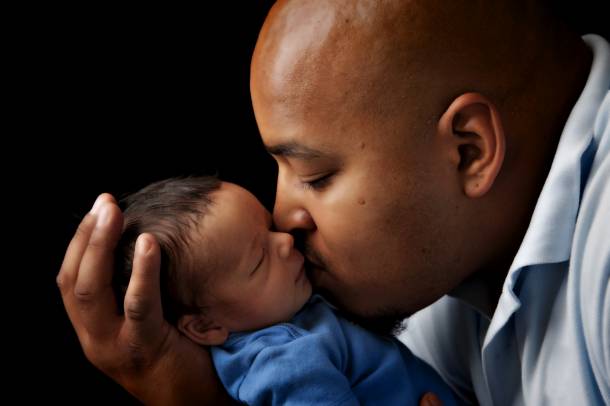Oxytocin, commonly called the “love hormone”, may make fathers bond better with their young children, a new study says.
Oxytocin is a powerful hormone which acts as a neurotransmitter in the brain. It increases empathy and plays a huge role in bonding.
According to James Rilling of Emory University in Atlanta, MRI brain scans revealed that dads who received boosts of the hormone through a nasal spray were recorded to have increased activity in brain areas associated with reward and empathy when gazing at pictures of their toddlers.
Rilling, lead author of the study, said, “Our findings add to the evidence that fathers, and not just mothers, undergo hormonal changes that are likely to facilitate increased empathy and motivation to care for their children.”
The findings also “suggest that oxytocin, known to play a role in social bonding, might someday be used to normalise deficits in paternal motivation, such as in men suffering from post-partum depression.”
The researchers said fathers’ involvement with their children helps with their social, mental and educational development.
But not all fathers are interested in caring for their children, Rilling said.
“I’m interested in understanding why some fathers are more involved in caregiving than others,” he said.
“In order to fully understand variation in caregiving behaviour, we need a clear picture of the neurobiology and neural mechanisms that support the behaviour.”
The study was published Friday, February 17 in the journal Hormones and Behavior.
Copyright 2025 TheCable. All rights reserved. This material, and other digital content on this website, may not be reproduced, published, broadcast, rewritten or redistributed in whole or in part without prior express written permission from TheCable.
Follow us on twitter @Thecablestyle

